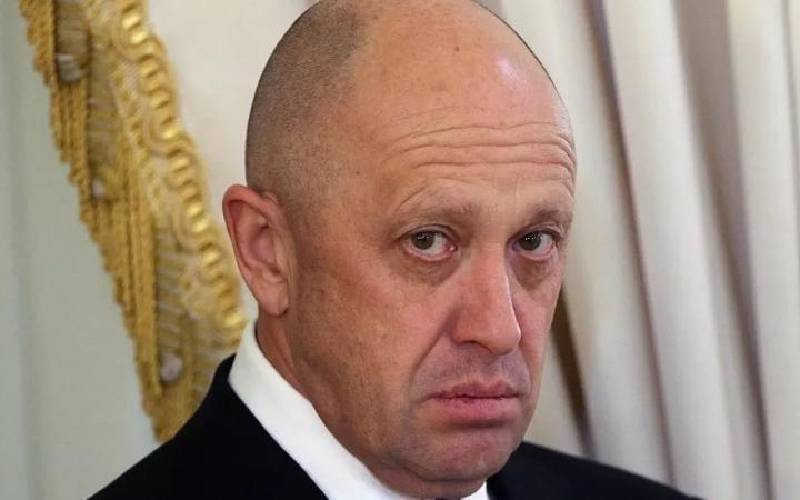
The Wagner Group is a private military company (PMC) with operations in Africa that was tied to the late Russian mercenary Yevgeny Prigozhin. The PMC have been deployed by various African governments to offer security including in Central African Republic (CAR), Sudan, Libya, and Mozambique but have proved to be ineffective and corrupt. They have failed to improve the security of everyday people but have amassed wealth from these countries for their benefit.
Wagner is accused of being utilised by the Kremlin to circumvent Western sanctions after the illegal annexation of Crimea in 2014 and the full-scale invasion of Ukraine in 2022. As a PMC, Wagner operates outside the official structures of the Russian military, providing a level of deniability for the Russian government. It has been used to undertake activities abroad that align with Russia's strategic interests while maintaining plausible deniability regarding its direct involvement. By doing so, the Kremlin evade the direct attribution of these activities to the Russian state, thus evading further sanctions or international repercussions.